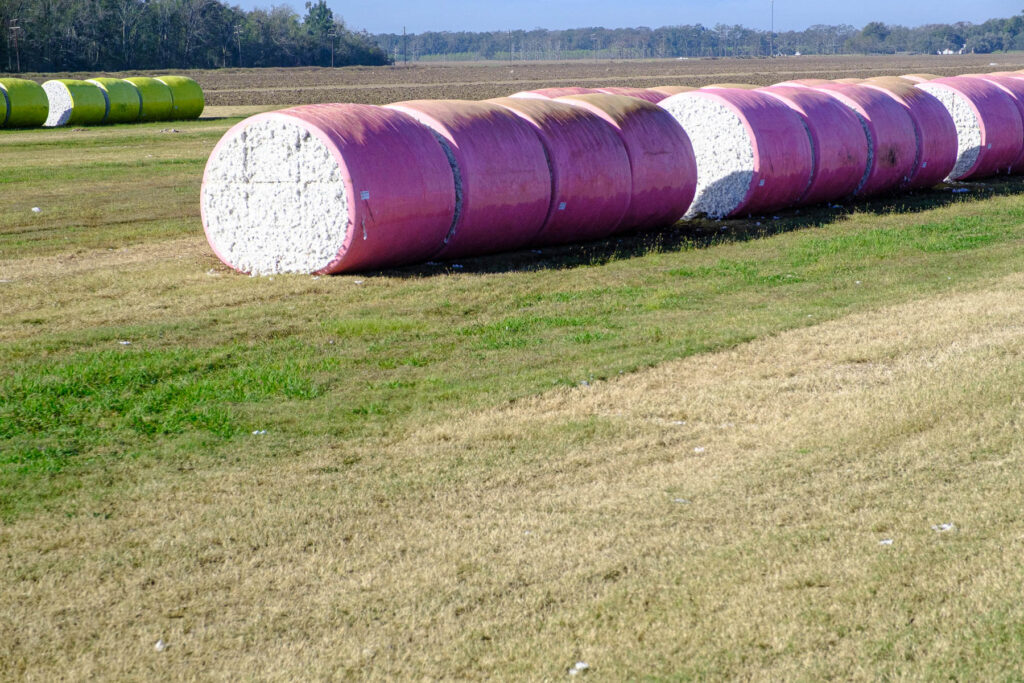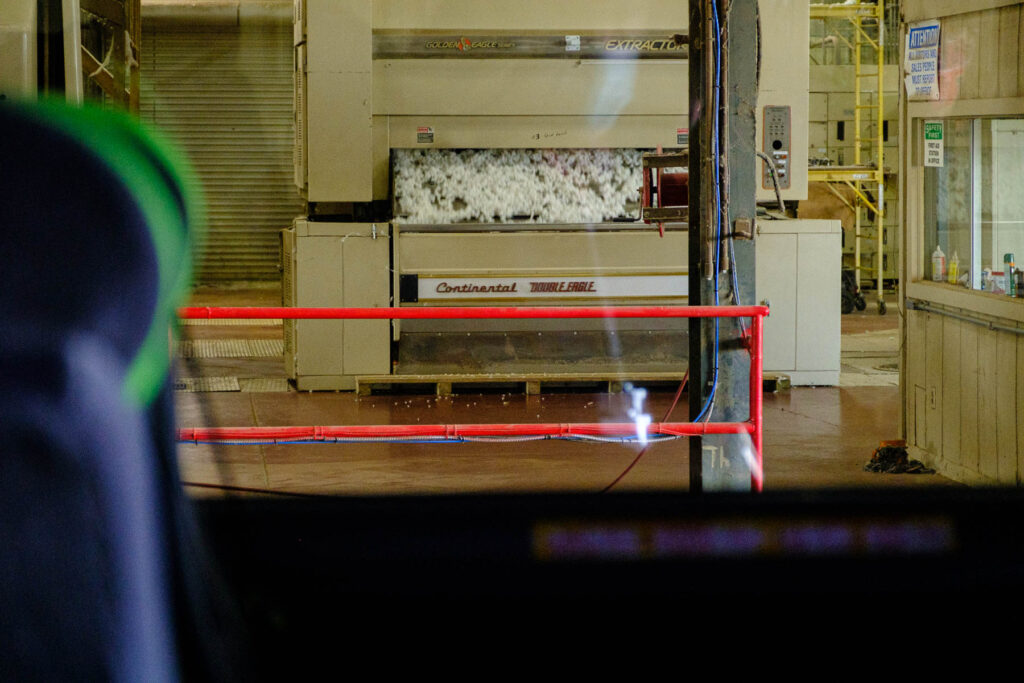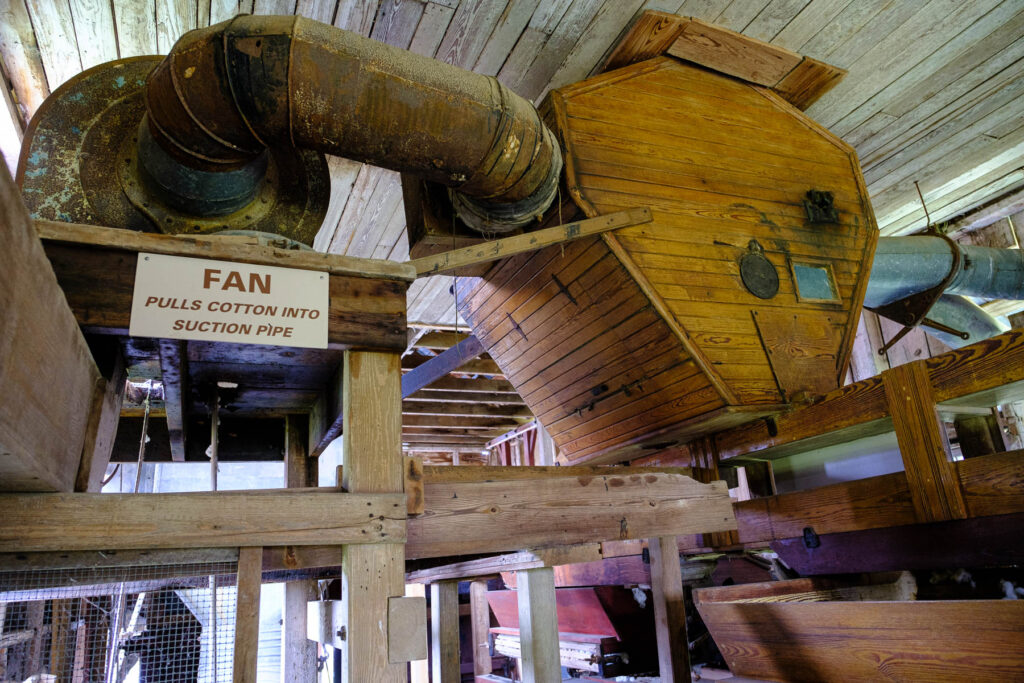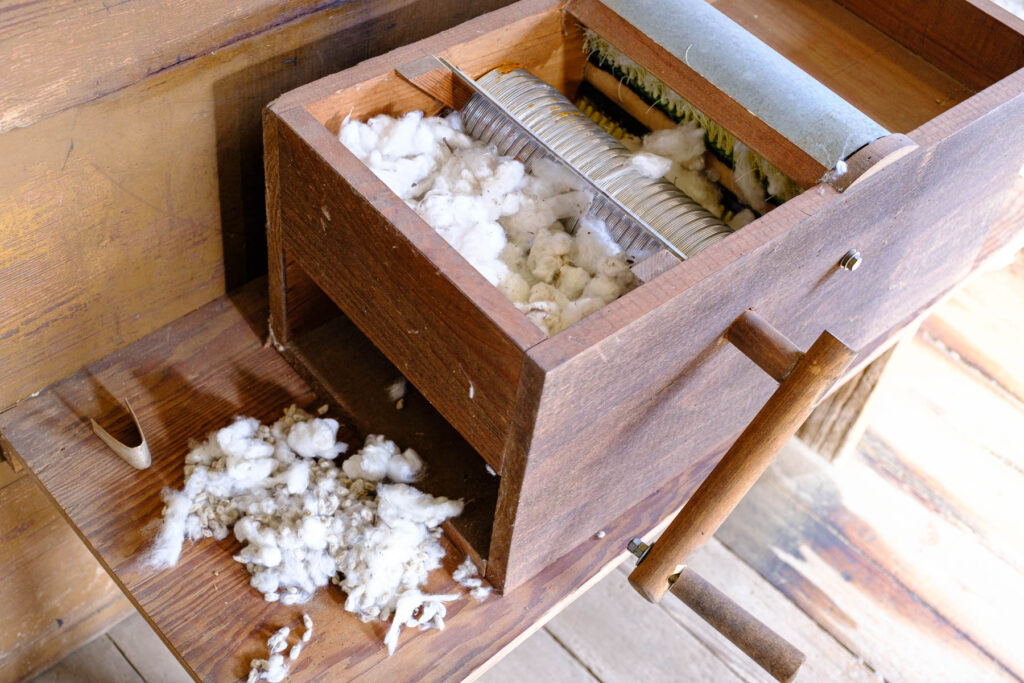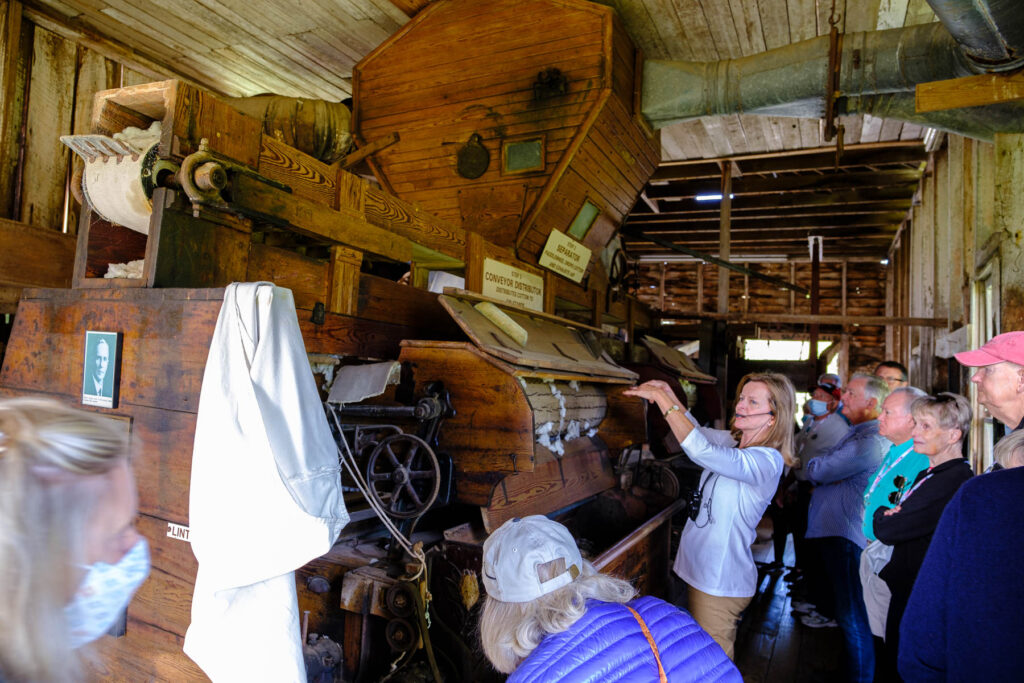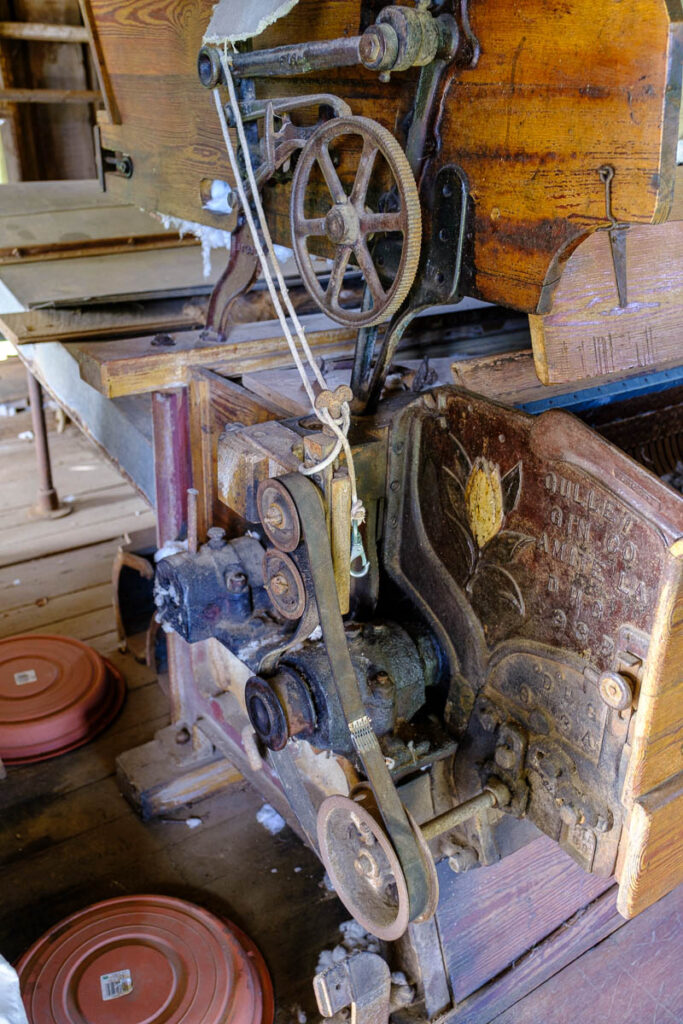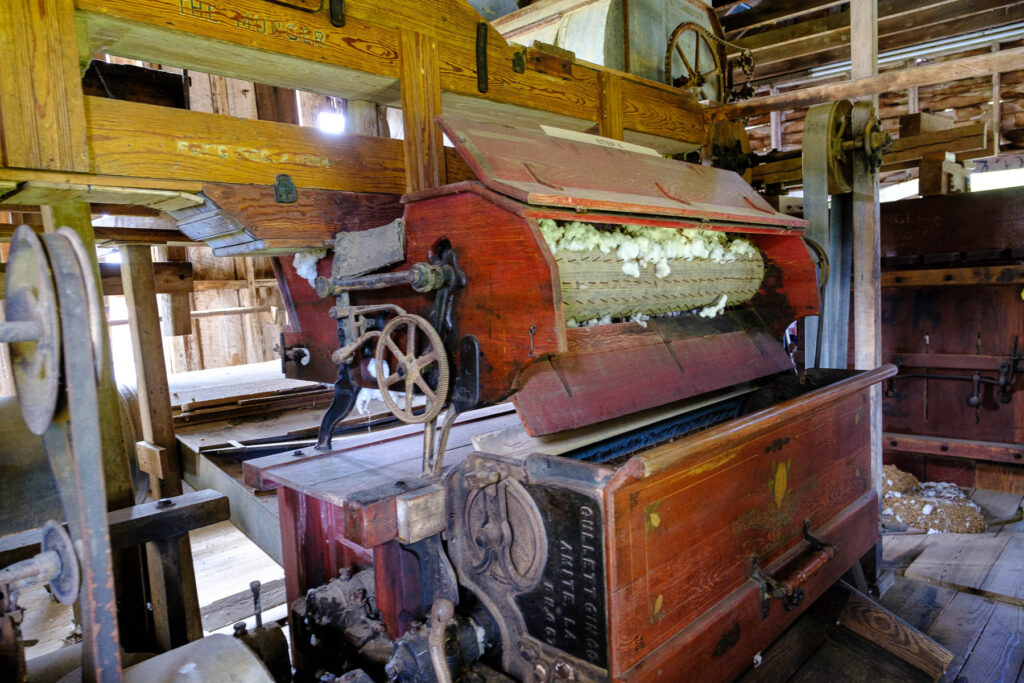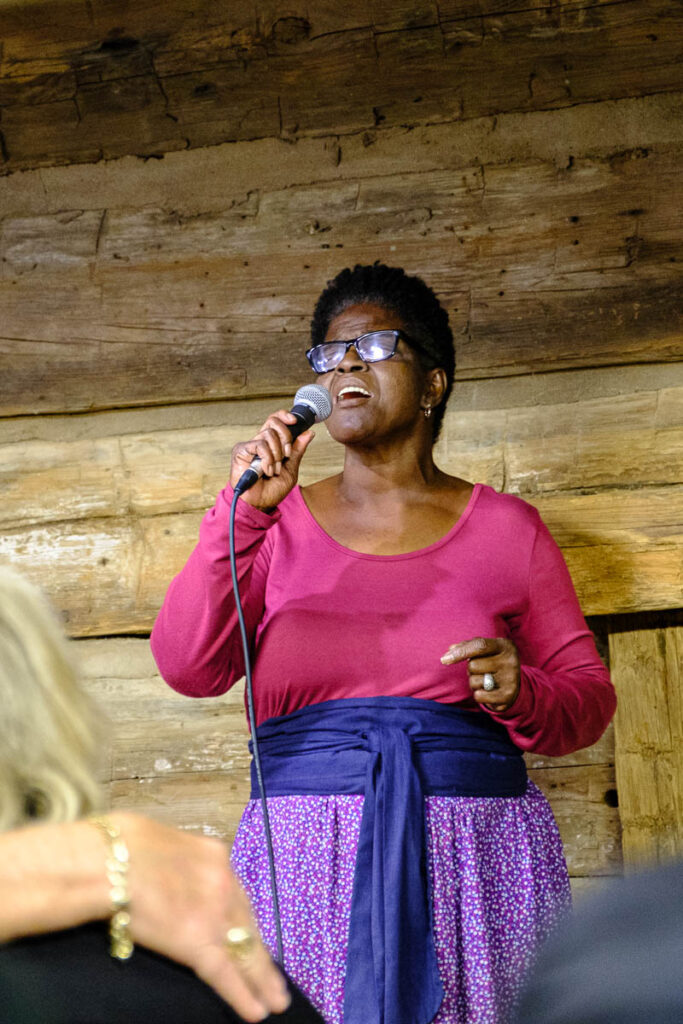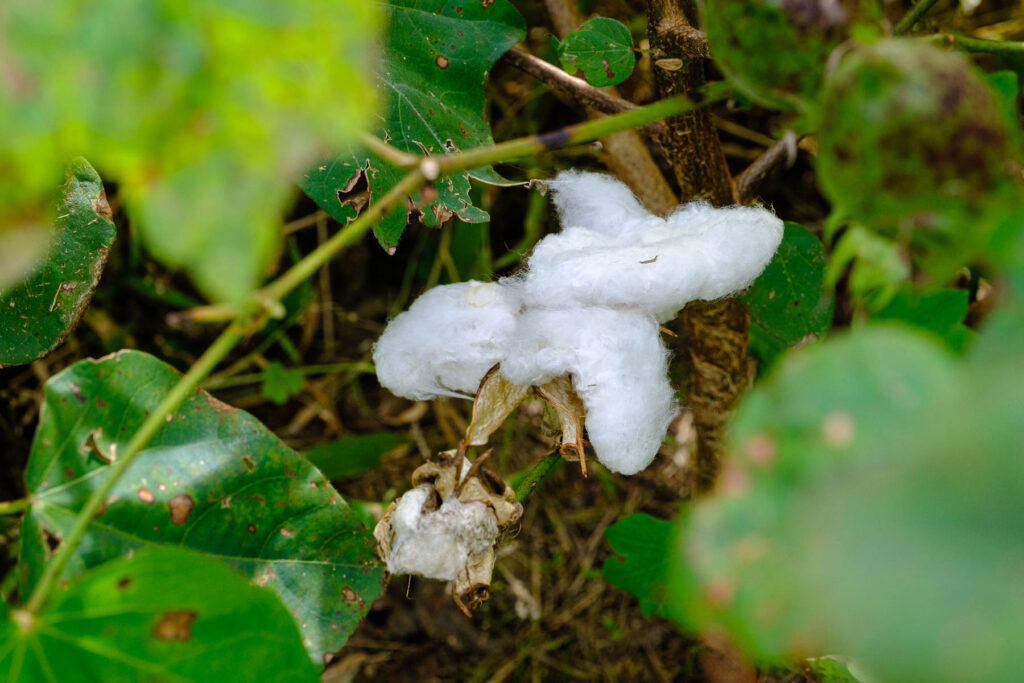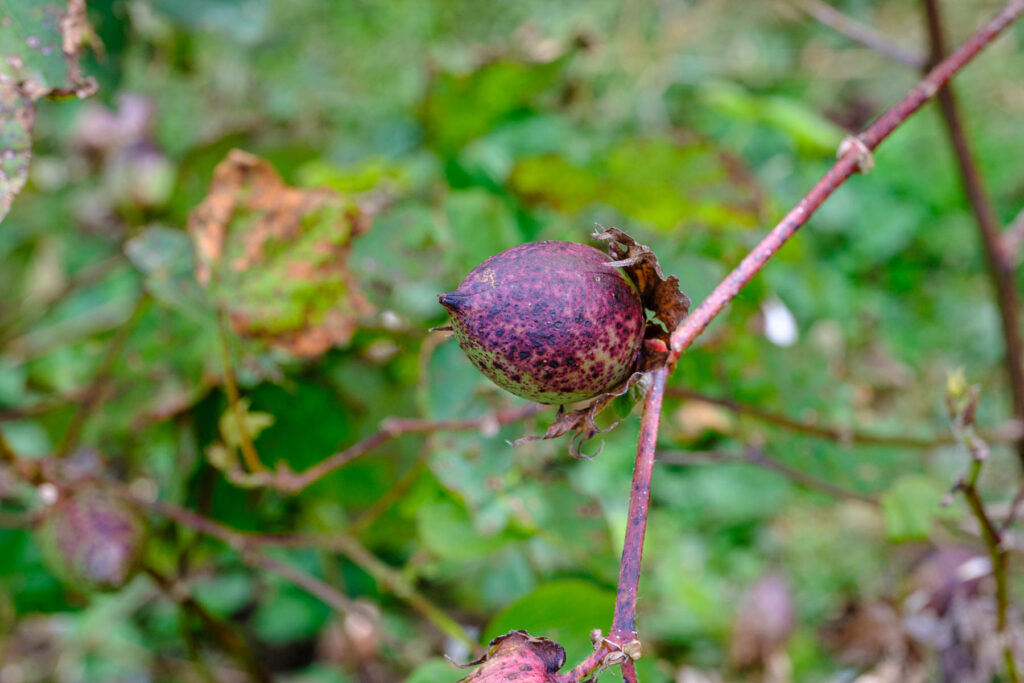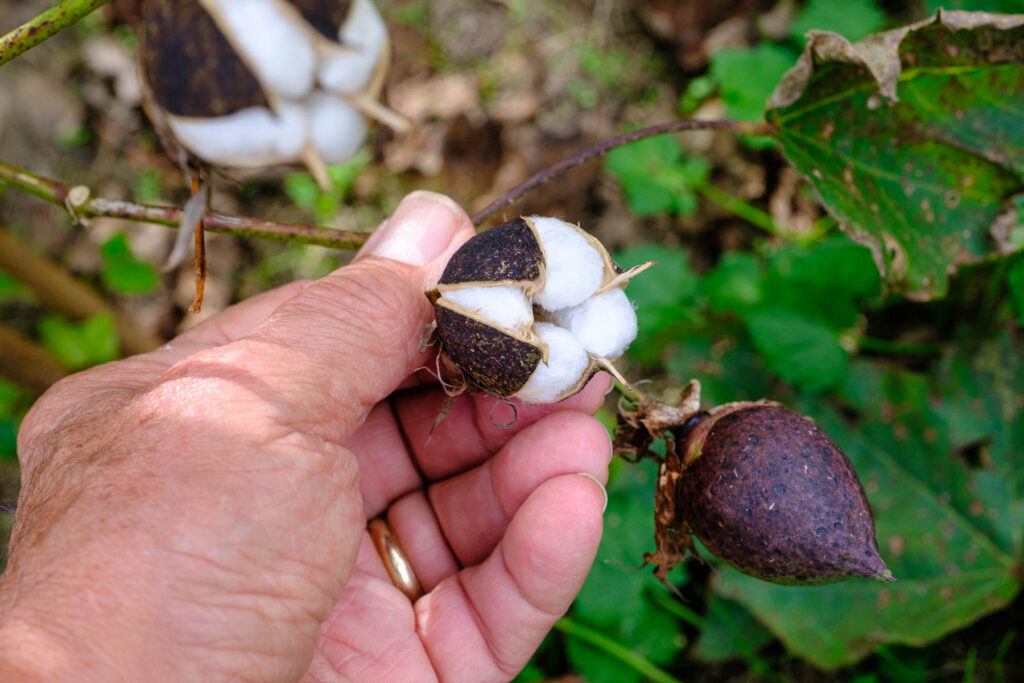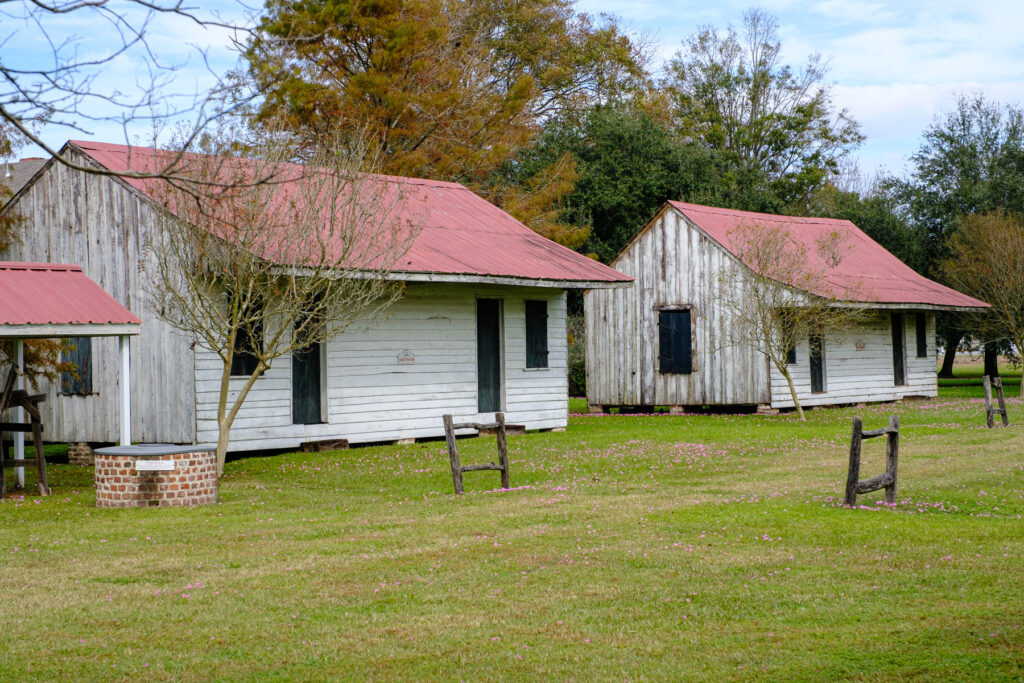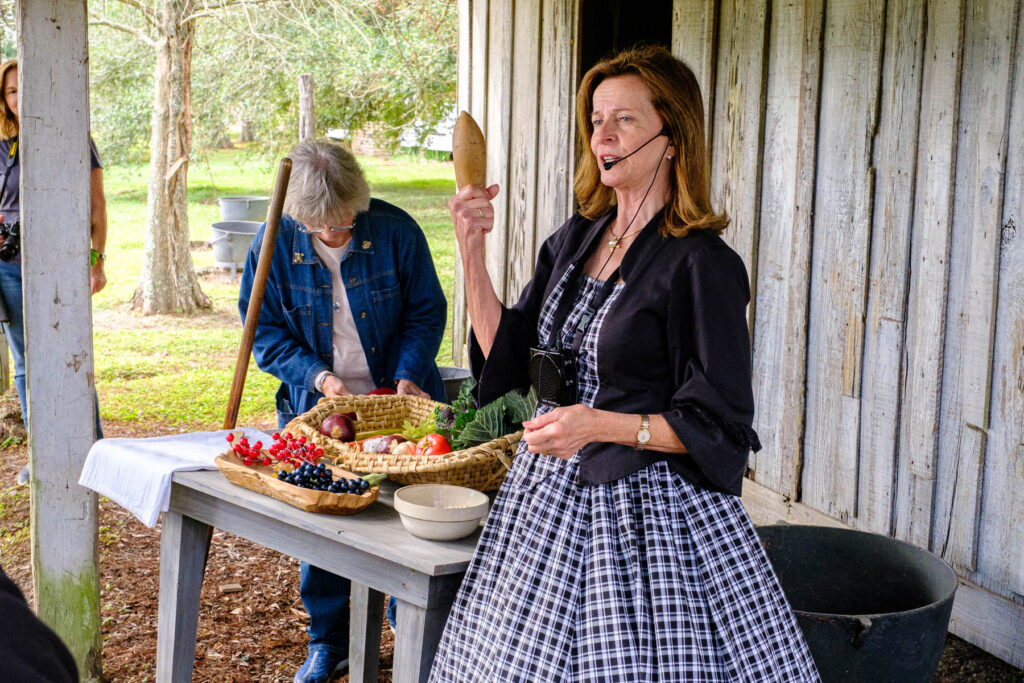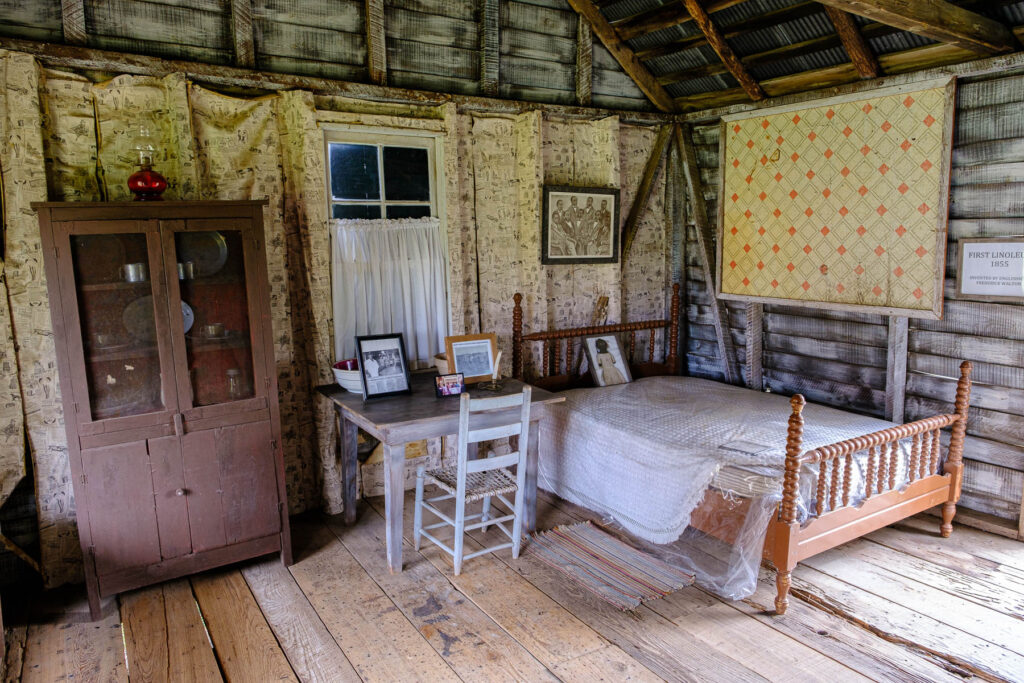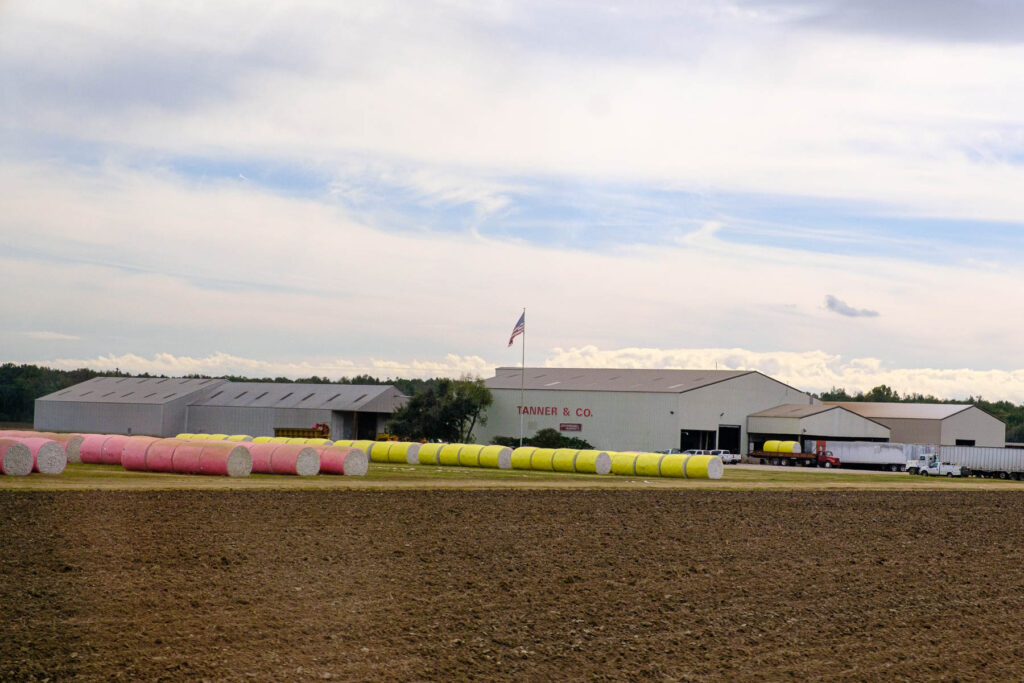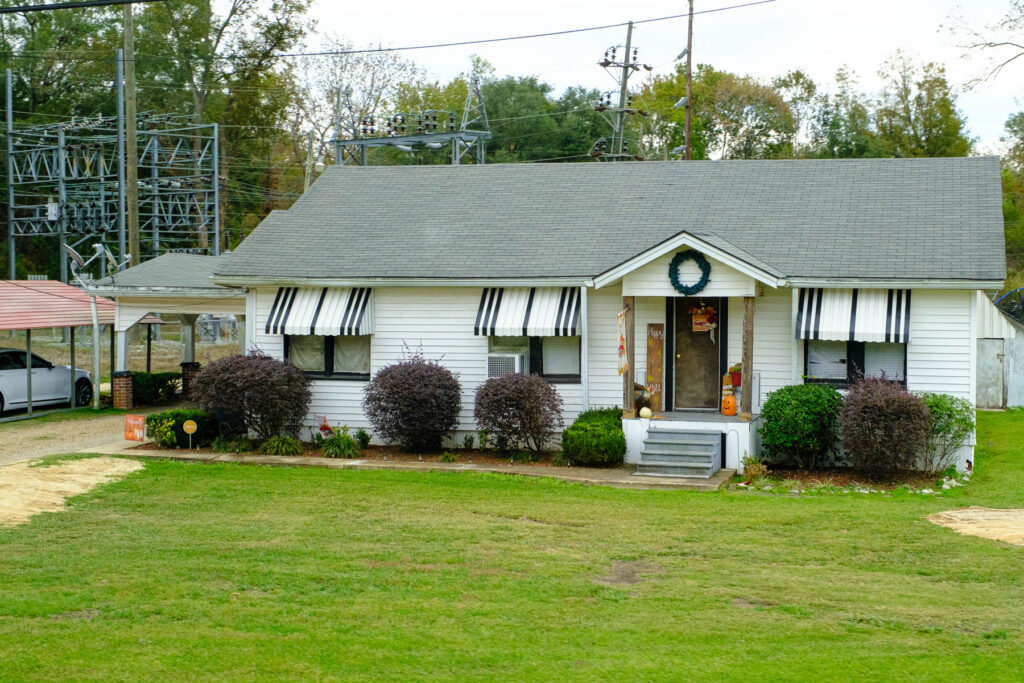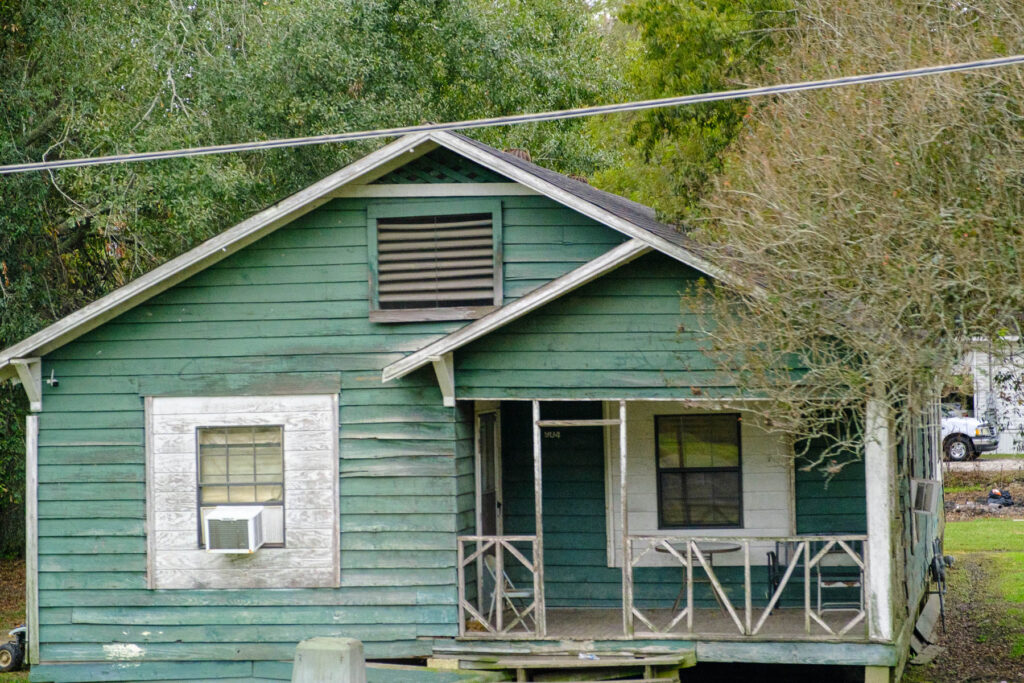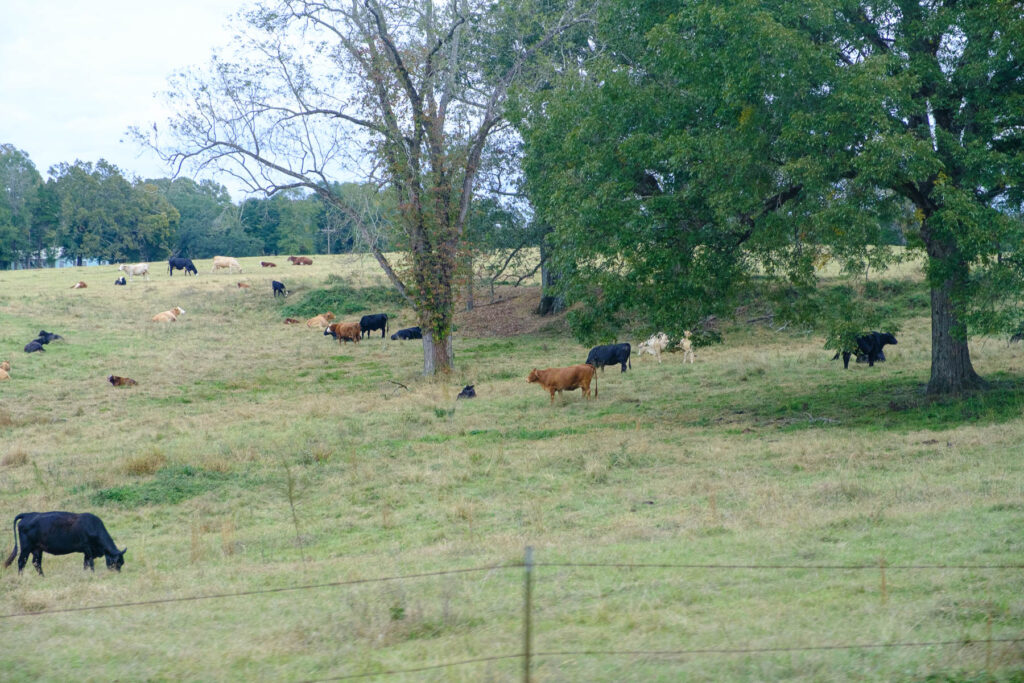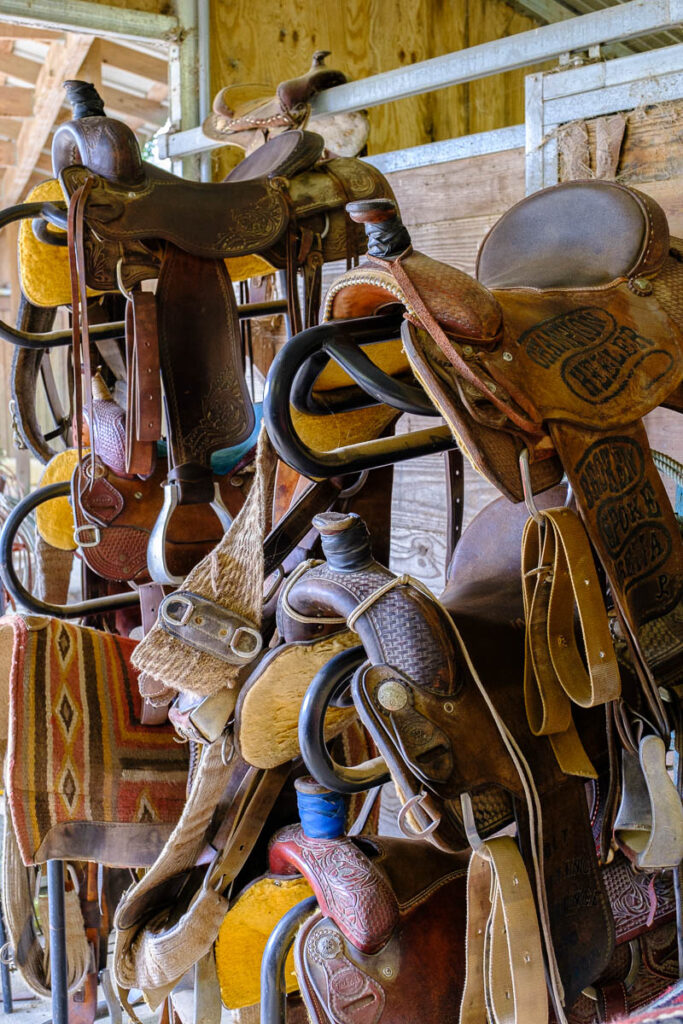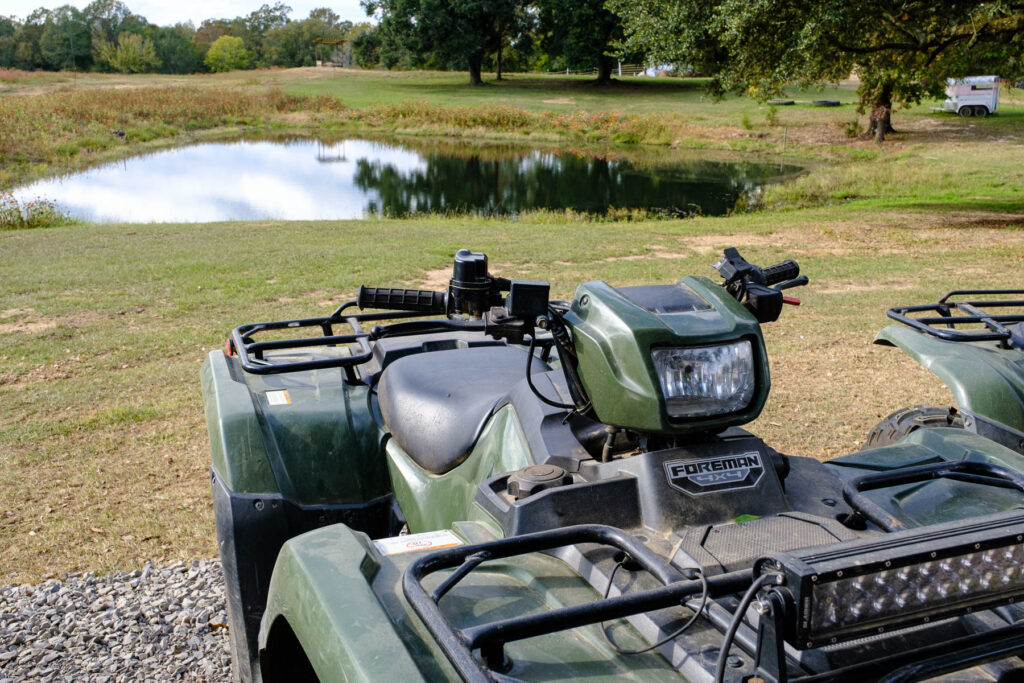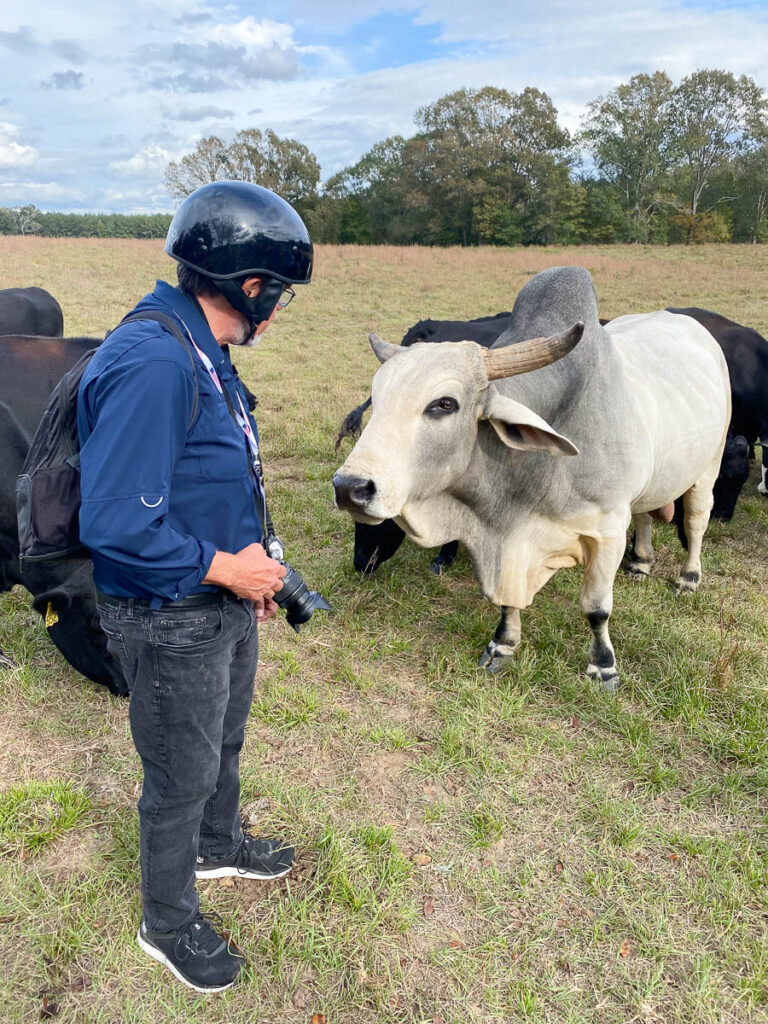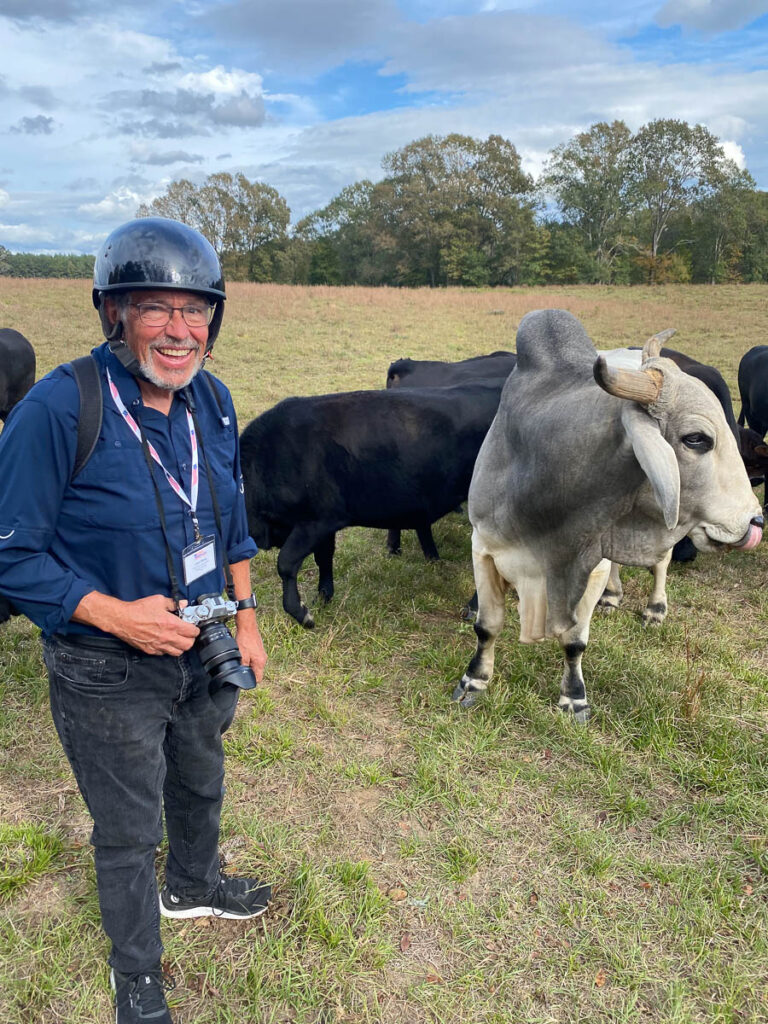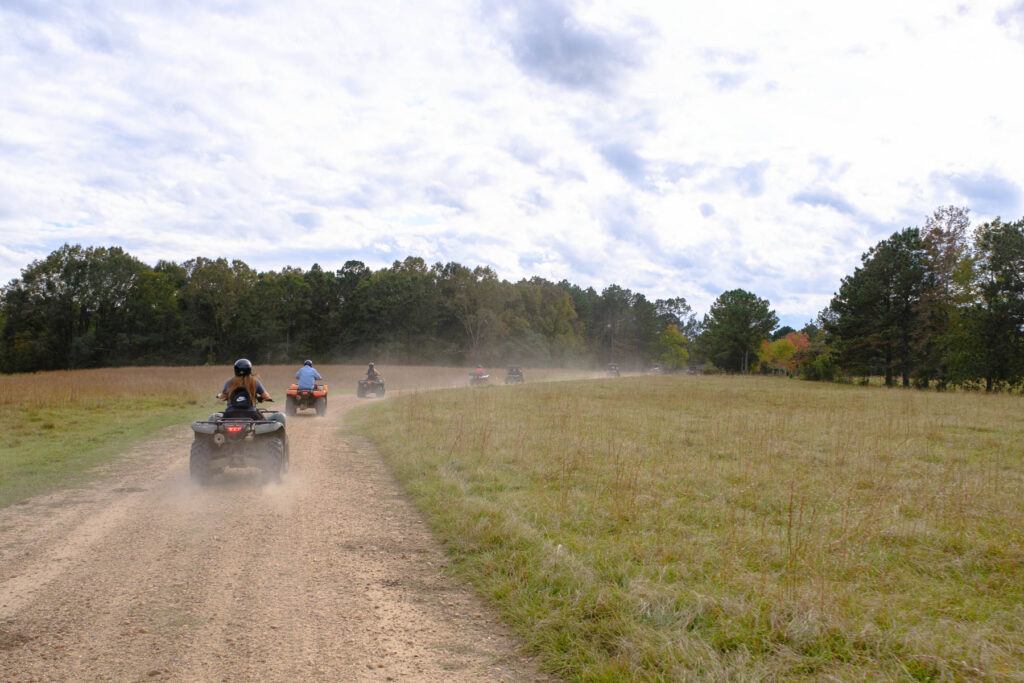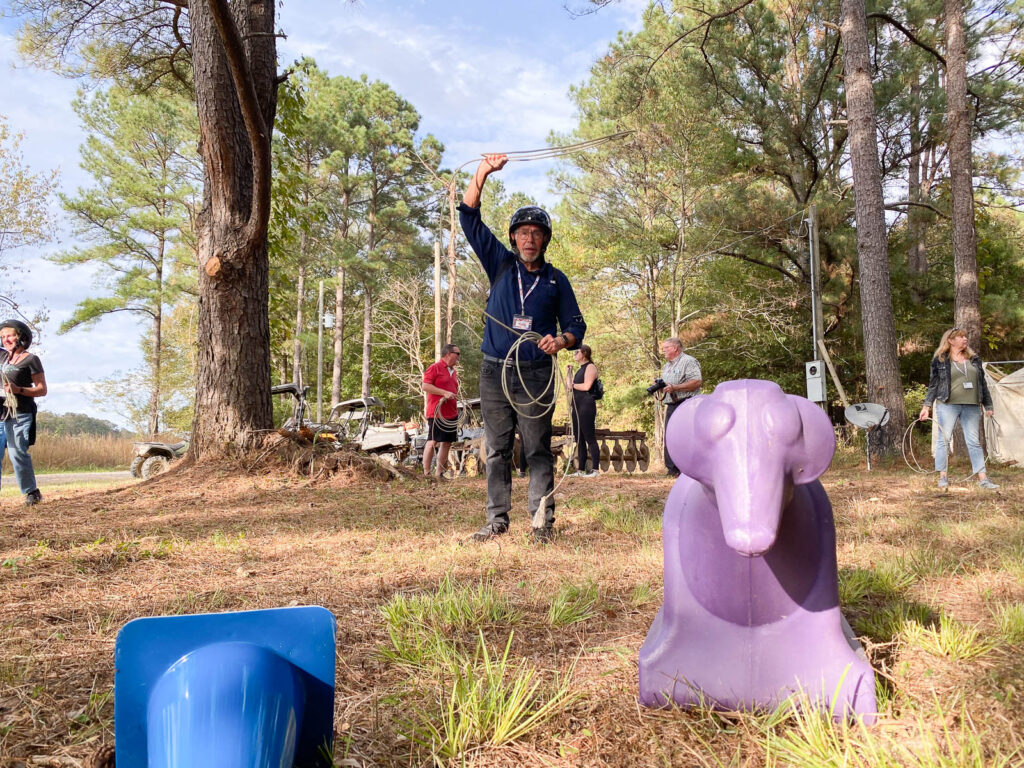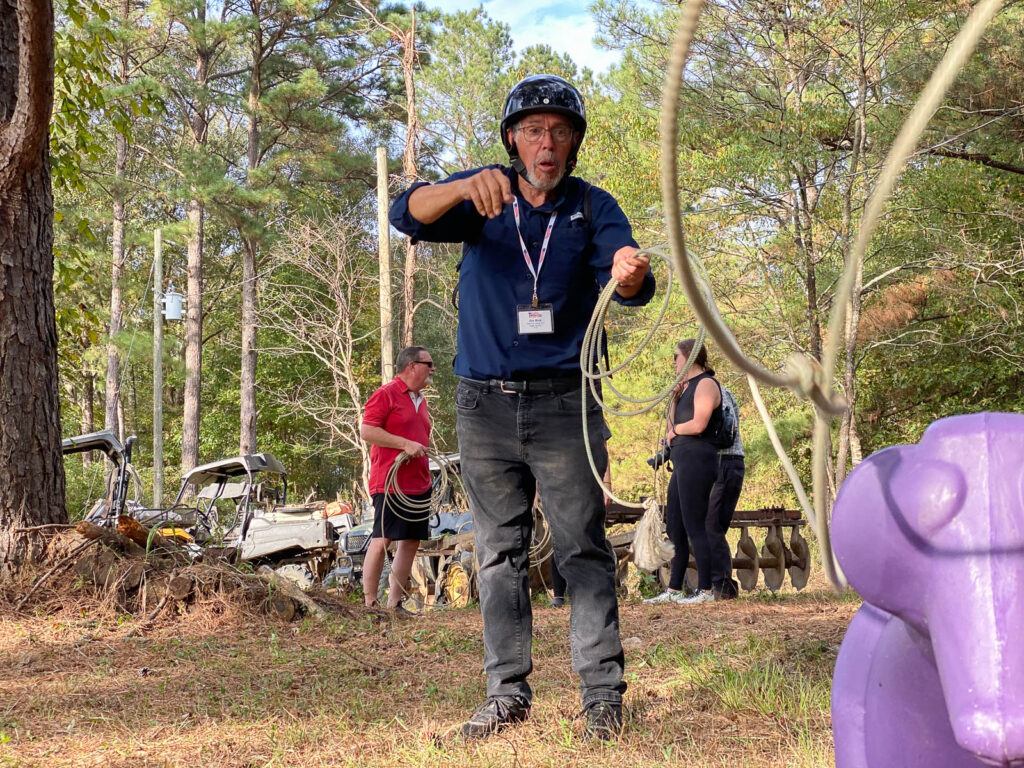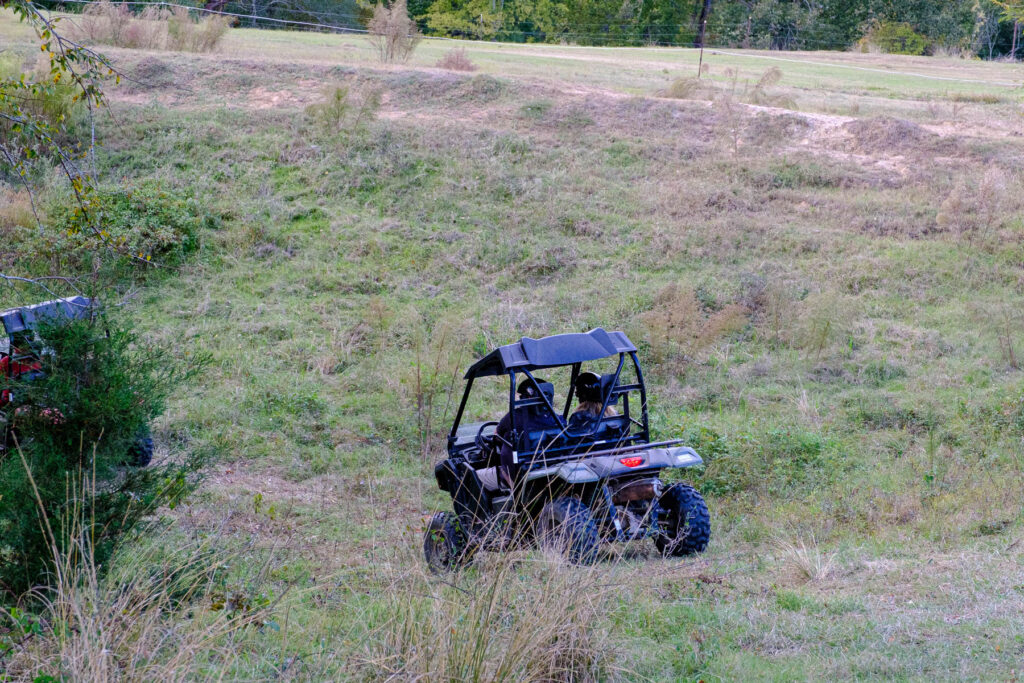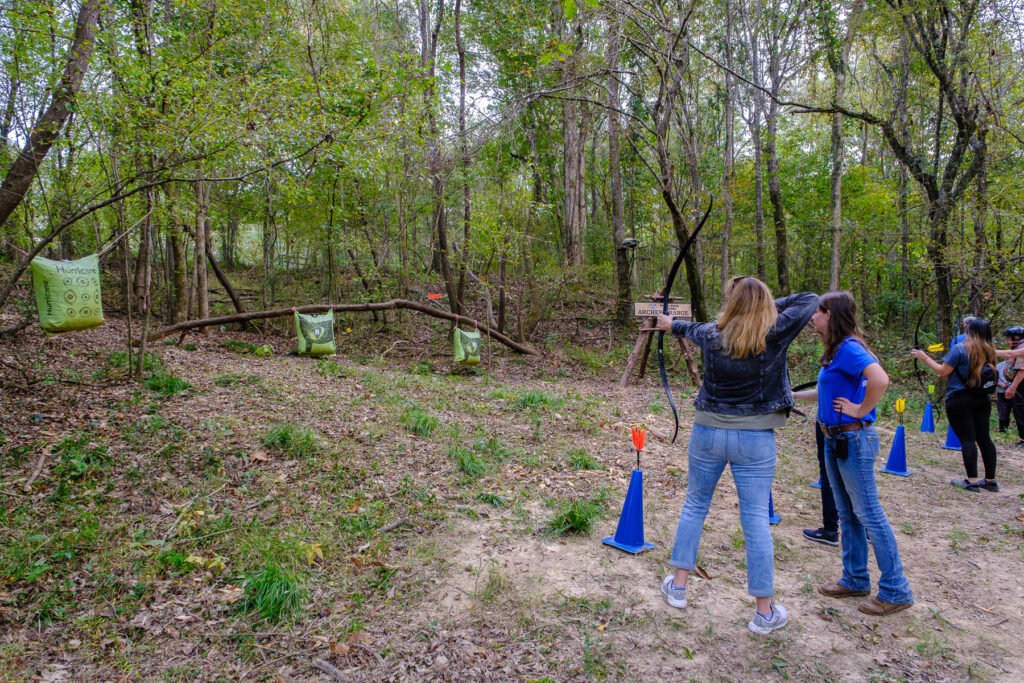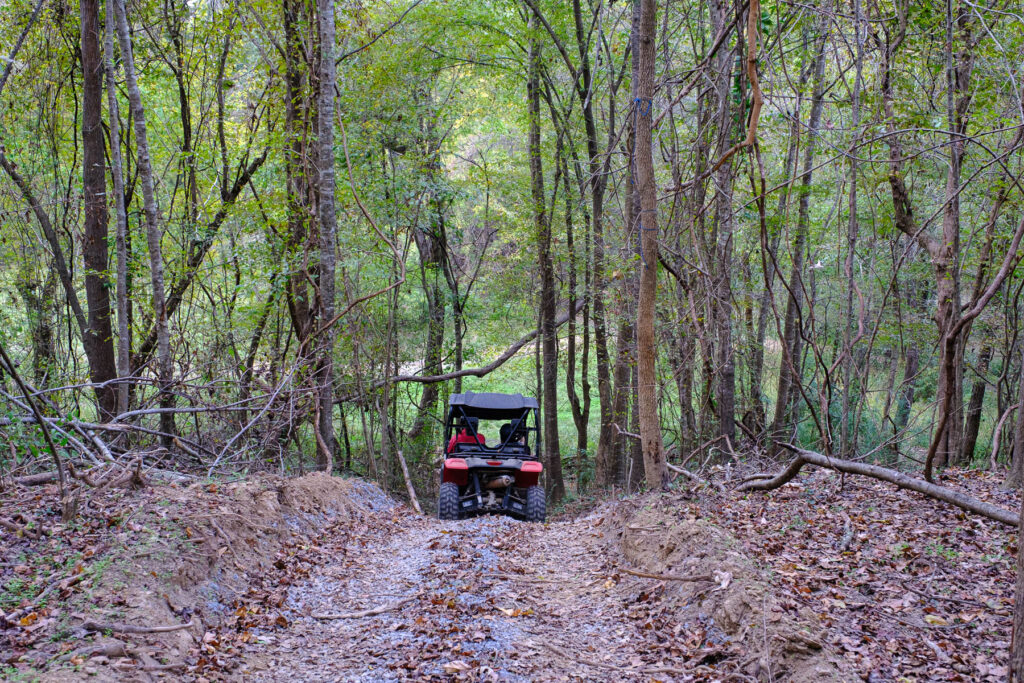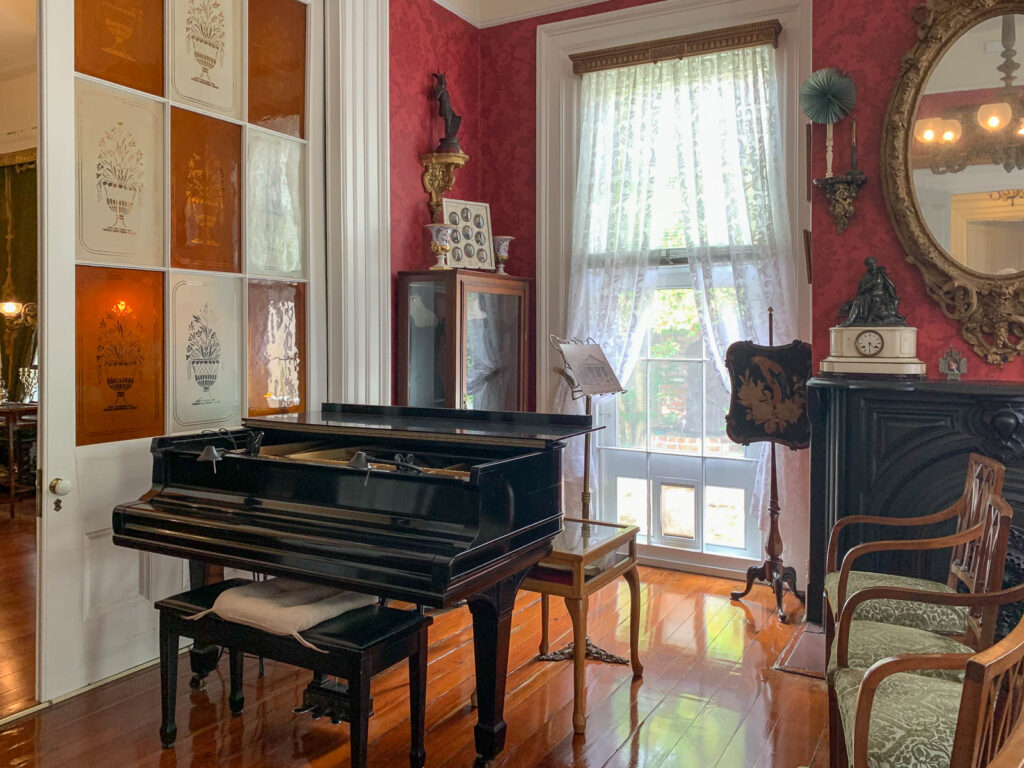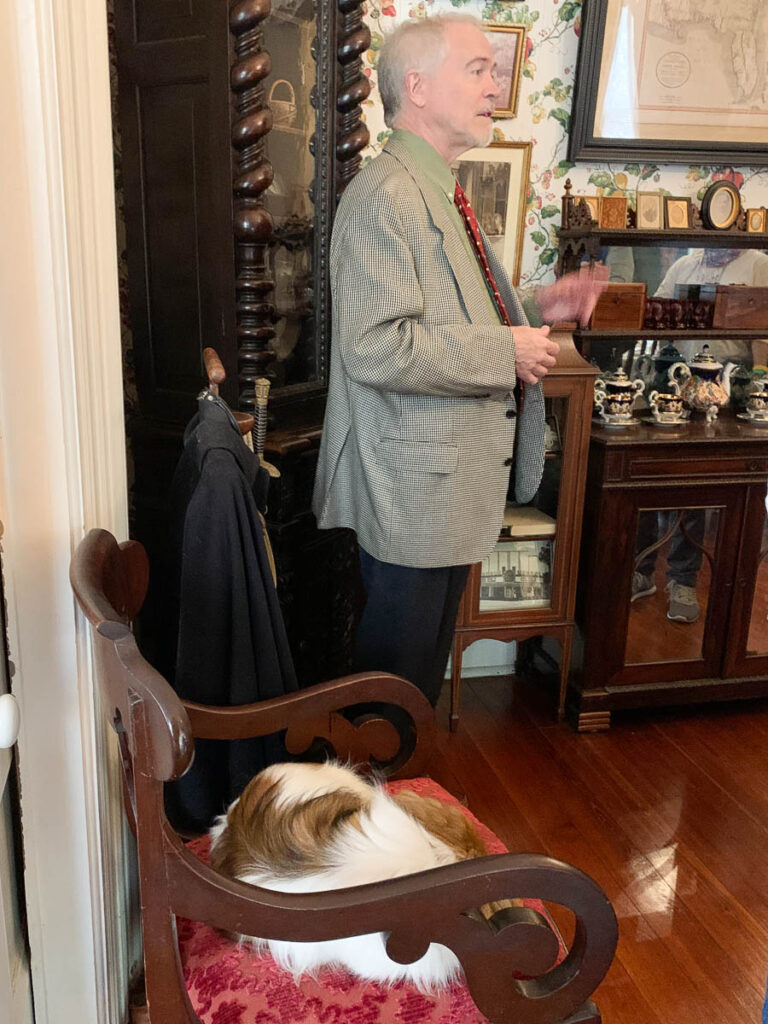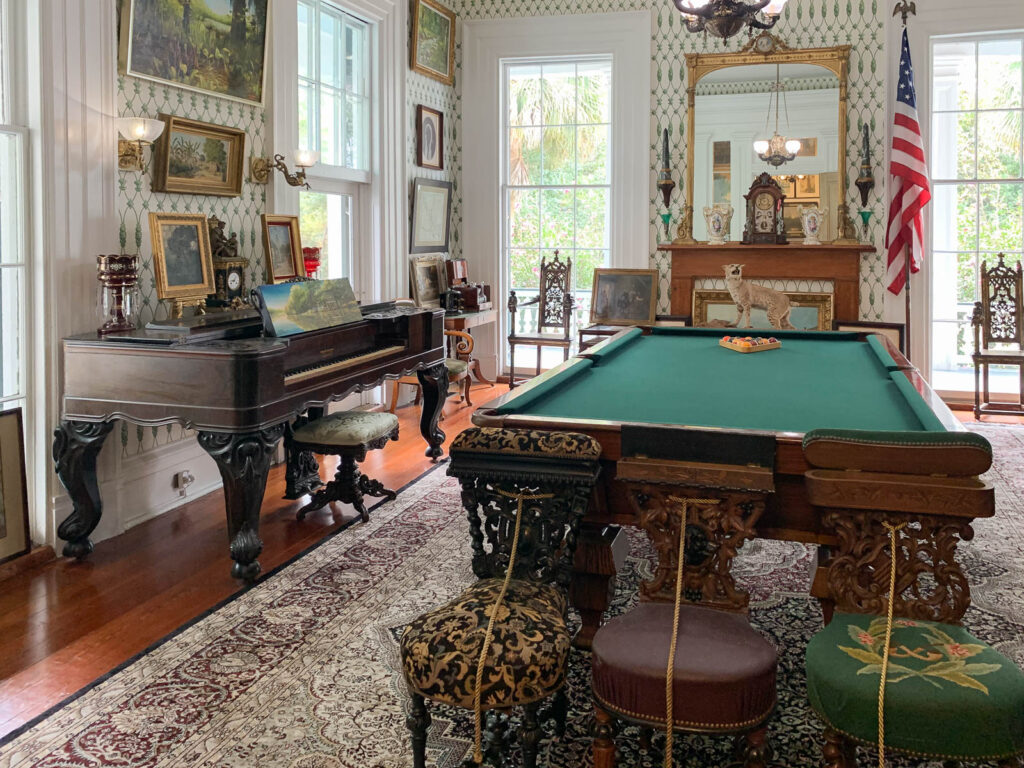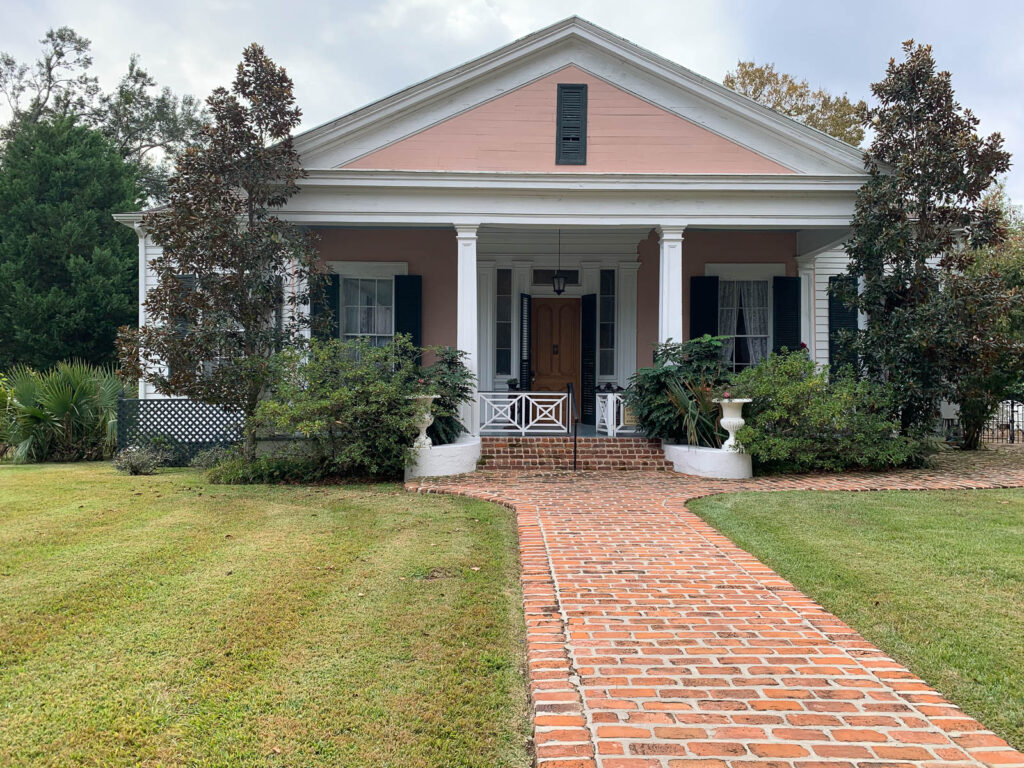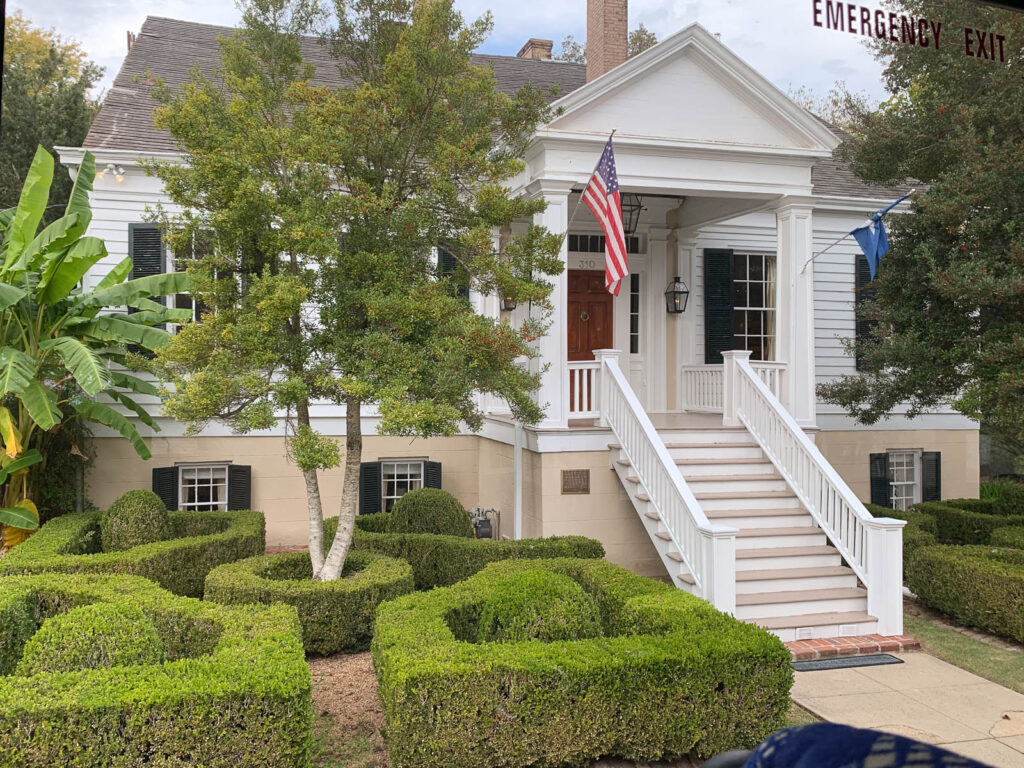“Travel is fatal to prejudice, bigotry, and narrow-mindedness, and many of our people need it sorely on these accounts. Broad, wholesome, charitable views of men and things cannot be acquired by vegetating in one little corner of the earth all one’s lifetime.” ― Mark Twain, The Innocents Abroad / Roughing It
I saw this quote in a gift shop today, and when people ask me why we like to travel, I fumble around and try to say what Mark Twain said so eloquently.
I must admit to a certain prejudice when it comes to the South and Louisiana and Mississippi in particular. I’ve seen a fair amount of Georgia, South Carolina, and Alabama cities to have a feel for them, at least in the cities I’ve visited. And I know New Orleans from several visits but of course that’s not really Louisiana.
But Mississippi and Louisiana have always been in my mind defined by those rankings you see occasionally in the newspapers (OK, that you see on line) where these states are ranked at the bottom for health, education, wealth, employment . . . whatever other states strive to be good at and which Louisiana and Mississippi fail miserably at achieving. And they are the center of slavery, Jim Crow and discrimination.
But a dose of driving around these past few days and meeting some real southerners has proved fatal to my prejudice. The people I’ve met are as warm, friendly, welcoming and intelligent as anywhere else in the world. Do the towns I rode though have the enclaves of the sophisticated and rich folks that you find elsewhere? No. Are all those statistics in the papers true? Probably, but not because the people here are deficient in some way.
Another thing. In all the encounters I’ve had the White people have fallen over backwards to provide accurate portrayals of slavery and the exploitation of African Americans in the name of sugar and cotton and wealth. Nor did anyone breath the phrase “states’ rights.” No one made the slightest excuse or rationalization. They didn’t assume a judgmental attitude. They allow the viewer to reach the inevitable conclusion on their own based on the facts. Bigotry is no stronger here than it is anywhere else.
Today we again divided to conquer:
- This morning I went to a cotton ginning operation across the river in Louisiana to a horse ranch in Mississippi this afternoon.
- Judy and Sharon visited a Natchez home for a piano concert this morning and the Monmouth Historic Inn this afternoon
- David, Rolande, Carolyn and Steve did the Natchez shuttle this morning.
Judy will provide her description of those other activates later on. Here is what I did.
Cotton in this region is what sugar was in Baton Rouge – the source of great wealth in the past, built on the backs of slaves, and still a significant crop today. I visited The Frogmore Plantation and Cotton Gin. This is a modern, working cotton gin that takes in raw cotton from the fields and produces cotton bales ready for weaving and production of cloth. “Gin,” incidentally, is short for “engine” and is, as you recall from grade school history, the machine invented by Eli Whitney.
This operation is highly mechanized and automated, but the process remains the same as it has been for several hundreds of years. Raw cotton must first be cleaned of sticks and stones picked up by the automated harvesting machines, cotton seeds are removed from the cotton bolls and the resulting clean cotton is compressed into bales for shipment to a warehouse and sale to cloth and garment producers.
Frogmore provides a service to farmers. The gin takes no ownership or monetary interest in the cotton itself. They track each farmer’s cotton coming in the and clean cotton going out, but the cotton is the farmer’s to sell. The gin makes money by selling the seeds that are removed from the cotton bolls. A small portion of the seeds are recycled to plant for next year’s crop, but most are used for producing cotton seed oil used in a variety of food products. Did you know that Crisco is short for CRYSTlized Cottonseed Oil? I didn’t.
Next door is an old steam-driven gin that was used from the 1850s onward. The husband of our hostess grew up on this farm and has restored many of the old buildings to show what life was like back in the day. In particular, the slave quarters have been restored. After the Civil War these same quarters were used by sharecroppers, often former slaves who returned to work the fields and gin. Sharecroppers here typically kept 80% and the land owner 20% of produce. Sharecroppers were both freed slaves who returned “home” and white farmers.
The plantation and gin are run by our hostess’s two sons and she does the tourist end of the business (the fate of the husband was never made clear to me). She gave a presentation of the history of cotton production with special emphasis on slavery. She was assisted by a Black Gospel singer, a woman who sings for seven churches in the area. She sang songs typical of the slavery era including “Get on the Wagon, Sally,” a not-so-subtle suggestion that slaves should find their way north to cross into the free states. It turns out that only Canada was a safe haven since bounty hunters regularly sought escaped slaves for return to their owners in the south. Read Toni Morrison’s “Beloved” for a not-so-pleasant narrative of what that was like.
This afternoon I did nothing with an ounce of cultural, historic, or artistic value. I went on the Great River Outdoor Adventure, which consisted in trying my hand at:
- Hand feeding a Brahman bull and his harem of at least a dozen
- Demonstrating my skill at lassoing cattle (OK, plastic cows). I was two for four attempts!
- Demonstrating my skill at archery. I was the only archer to hit the playing card (a 10 of clubs, if it matters) attached to the straw bundle we were shooting at
- Demonstrated my skill at tomahawk throwing. I’d peaked early and went oh for a whole bunch, never getting the thing to stick in the log target.
But the big deal, for me, was spending three hours traveling five miles on a genuine four-wheel all-terrain vehicle, something I’d never done before. And we’re not talking straight and level ATVing. Almost all was on dirt trails and across cow-infested pastures and up and down hills that were steep, narrow, rough and twisty.
A whole lot of fun and feeling of accomplishment for achieving very little of importance. But a guy can’t chase history and culture every day. Right?
Actually, I think there may have been a bit of cultural interest here. Let me quote the owner’s bio from the ranch’s web site (https://greatriveroutdoors.com/our-team-2/):
“David is the owner of the Double C Ranch and founder Great River Outdoors. He has an immense background in public speaking and agriculture with multiple degrees in agriculture, business, and education. He packs more knowledge and fun into every tour than can be absorbed in just a few hours which is why many people want to come back and experience it again.”
So here we have a guy who, from what I saw, is a rancher who loves horses, cows and the great ranching life. He has a family of three adorable kids, age 6, 12 and a teenager plus his wife. My impression from being there for the afternoon is that this is a guy who’s trying to support his family while living the life that is his passion. It’s probable that ranching won’t bring the income he needs so he’s turned to the tourist trade to supplement his income.
I suspect there are lots of people in Mississippi who lead the Southern life because they love it. Our hostess at the cotton gin this morning was born and raised in Illinois. She said that when she first came here she wouldn’t touch a collard green with a ten foot pole. Now, she wouldn’t live Louisiana for anything. It’s a life she loves.
My prejudiced viewpoint slayed once again.
Here, now, is Judy’s writeup to bring you the rest of the story:
Sharon and I went to the JN Stone House for a piano concert. The owner is a Stone and lived in the house as a child. He is a wonderful pianist and played for 45 minutes, with an explanation of each piece. He played, in chronological order, Beethoven, Schubert’s Nocturn 8, Louis Gottschalk (a composer from this region), Brahms and Claude Debussy.
He then gave us a tour of the four rooms of his house with history of the people who lived there and the furniture pieces that are in the house. His dog attended the concert and then requested his owner put him on a chair. Our host served us all champagne or Praline Liquor which I found delicious.
David, Rolande, Carolyn and Steve all took the Natchez Local Loop bus tour of the town this morning. In the afternoon Carolyn, Steve, Sharon, and I went to the Monmouth Historic Inn & Gardens. The gardens and pond were a relaxing place to walk. They served Mint Juleps which I did not care for.
On the way back to the ship the tour guide told us about the town pointing out various houses and buildings. Natchez was not much damaged during the Civil War, and they say it is because they surrendered three times. Only two Natchez residents were killed during the war: an old man who died of a heart attack when Union ironclad ship bombed the town. That bombardment killed an eight-year-old girl named Rosalie when she was hit by a shell fragment.
After dinner Chris Gill and the Sole Shakers gave a great Blues concert. They demonstrated why the motto displayed on Mississippi highway welcome signs, “Birthplace of America’s Music,” is true by playing selections of Blues and early rock-and-roll songs. Did you know that Mississippi had three kings at the same time? B.B. King, Jimmy Rogers, the king of country music, and of course Elvis.
I’ve heard Proud Mary a million times at Sun City Center dances sung by old white guys and gals. But I never heard it sung like the gal did tonight. She could shake her hips in ways I never thought possible.
Tomorrow, on to the Civil War and the Battle of Vicksburg.

